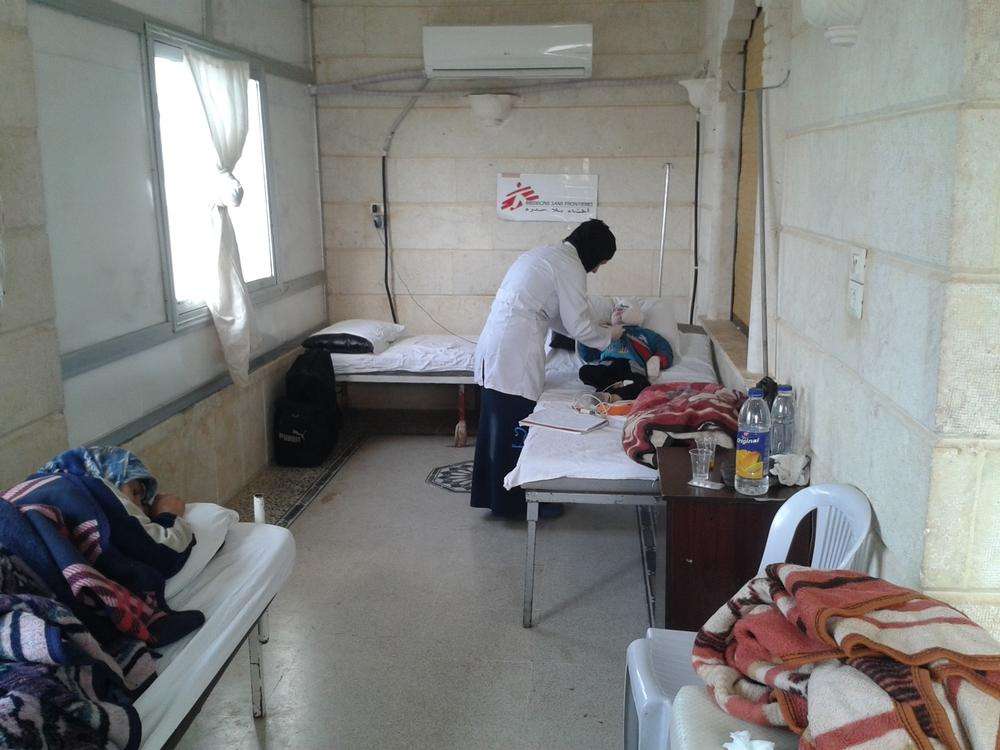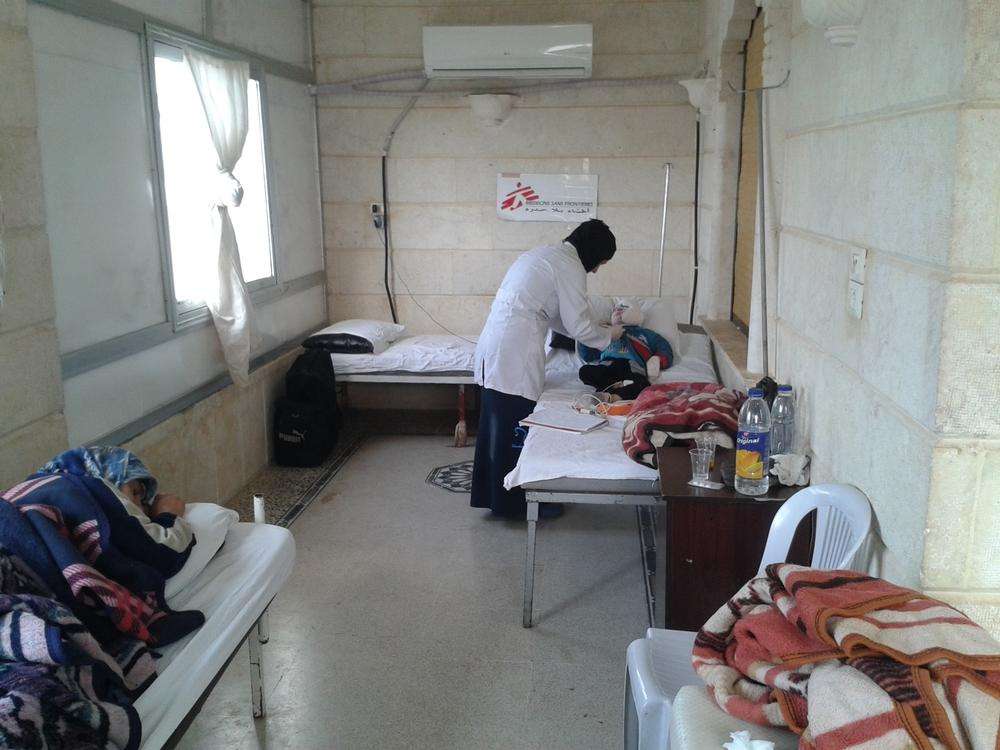NEW YORK—Fuel shortages in Syria are causing widespread disruption to everyday services, especially lifesaving medical activities in the north of the country, the international medical humanitarian organization Doctors Without Borders/Médecins Sans Frontières (MSF) said today.
Many health structures in Hama and Idlib have been forced to close or to drastically reduce activities due to lack of fuel for generators and transport. With supply routes for fuel cut off by recent fighting between armed groups in parts of northern Syria, diesel has been difficult to obtain since June 14, and fuel prices have increased by up to 500 percent. The prices of other items have increased in local markets as a result, and the shortage has interrupted the production of basic food items, including bread.
“The medical situation in northern Syria was already difficult for the population,” said Dounia Dekhili, MSF program manager for Syria. “With so many hospitals now at a risk of closure, the lives of many Syrians are in even greater danger. Fuel is needed to run water pumps for clean water, to run incubators for newborns, and to run ambulances for lifesaving care.”
The Hama and Idlib Health Administrations issued urgent distress calls last week, announcing that health structures are reducing activities and may be forced to shut down in the coming days if no fuel becomes available. Hospitals in other areas have also called for help, while the Syrian Civil Defense warned that its aid activities could stop in Aleppo, Hama, Idlib, and Lattakia.
While the MSF hospital in Atmeh still has a few weeks’ worth of fuel, it has had to reduce consumption. The organization has also donated 6,200 liters of fuel to 15 health structures it supports in Aleppo, Idlib and Hama Governorates, and to ambulance networks. Additional donations are planned.
While MSF is assessing the needs of the other hospitals it supports in northern Syria, communication with some facilities is impossible because generators have stopped functioning.
“The support we are providing will only have a short term impact,” said Dekhili. “We call for a mobilization of fuel assistance commensurate with the massive and immediate needs of the Syrian people, to allow essential services such as hospitals, ambulances and bakeries to function.”
MSF operates six medical facilities inside Syria and directly supports more than 100 clinics, health posts and field hospitals. MSF is also supporting patients from Syria who have fled to Jordan, Lebanon, and Iraq.





